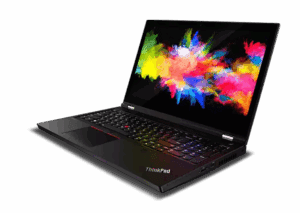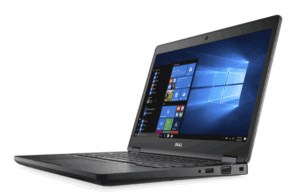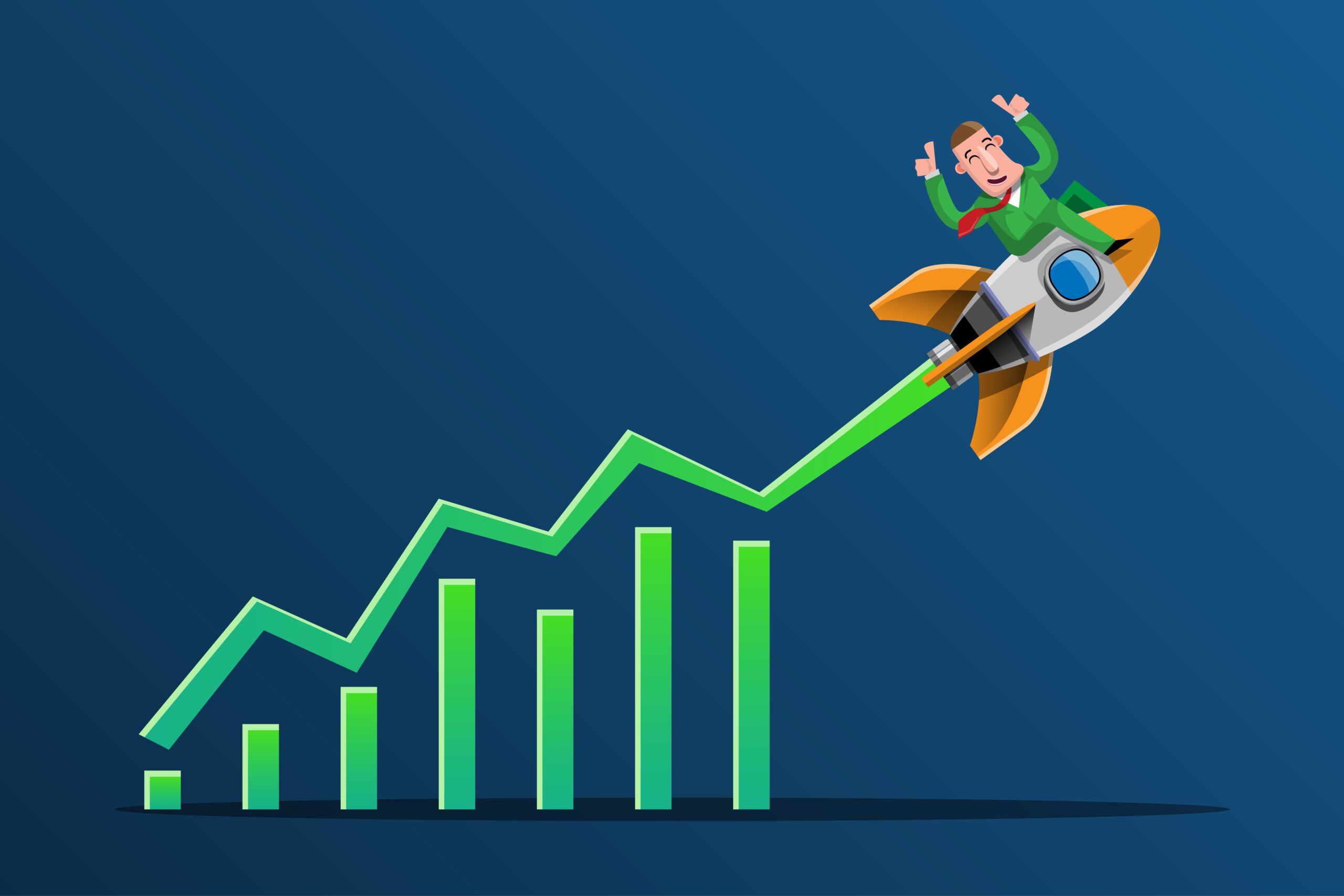
Is your laptop running slower than usual? Want to know how to increase laptop speed? Cleaning up a slow laptop is essential to maintain its performance and ensure a smooth user experience. In this blog, we will explore some practical and effective tips to help you optimize your laptop‘s speed and enjoy a smoother computing experience.
Tips to increase your laptop speed



Clean up Your Hard Disk Drive: A cluttered hard disk drive can significantly impact your laptop speed. Start by removing unnecessary files, such as temporary files, old downloads, and unused applications. Windows users can utilize the built-in Disk Cleanup tool, while macOS users can take advantage of the Optimized Storage feature. Additionally, consider using third-party disk cleaning software to thoroughly remove junk files and free up valuable storage space.
Upgrade to an SSD: One of the most significant upgrades you can make to improve your laptop’s speed is by replacing your traditional Hard Disk Drive (HDD) with a Solid-State Drive (SSD). SSDs offer lightning-fast read and write speeds, resulting in quicker boot times, faster application launches, and overall smoother performance. Many laptops allow for easy SSD installation, and you can either clone your existing hard drive or perform a fresh installation of your operating system and applications on the new SSD.
Increase RAM: Insufficient Random Access Memory (RAM) can cause your laptop to slow down, especially when running memory-intensive tasks or multiple applications simultaneously. Adding more RAM can help your laptop handle these tasks more efficiently. Check your laptop’s specifications to determine the maximum amount of RAM it can support, and then purchase and install the appropriate memory modules. This upgrade can significantly improve your laptop’s multitasking capabilities and overall speed.
Manage Startup Programs: When you turn on your laptop, several programs may automatically start running in the background. This can consume valuable system resources and slow down your device’s startup time. Review and disable unnecessary startup programs to speed up the boot process. On Windows, you can use the Task Manager or System Configuration tool to manage startup programs. On macOS, navigate to System Preferences, select Users & Groups, and then click on the Login Items tab to manage startup programs.
Perform Regular Software Updates: Keeping your laptop’s operating system and software up to date is crucial for optimal performance. Software updates often include bug fixes, security enhancements, and performance improvements. Enable automatic updates whenever possible or regularly check for updates manually. This practice ensures that your laptop benefits from the latest optimizations and enhancements provided by the software developers.
Keep Your Laptop Cool: Overheating can lead to reduced performance and potential hardware damage. Ensure that your laptop stays cool by keeping the vents clear of dust. Use a cooling pad or elevate your laptop to allow for better airflow. Avoid using your laptop on soft surfaces like beds or couches, as they can obstruct airflow and cause overheating. Proper cooling will help maintain your laptop‘s speed and prolong its lifespan.
Conclusion
By following these practical tips, you can significantly improve your laptop’s speed and overall performance. Clean up your hard drive, uninstall unnecessary programs, disable startup programs, consider RAM upgrades, utilize SSDs, keep your software up to date, and regularly scan for malware.
If you are looking for refurbished laptops that work like new, check outEdify.



No Comments
Leave a comment Cancel